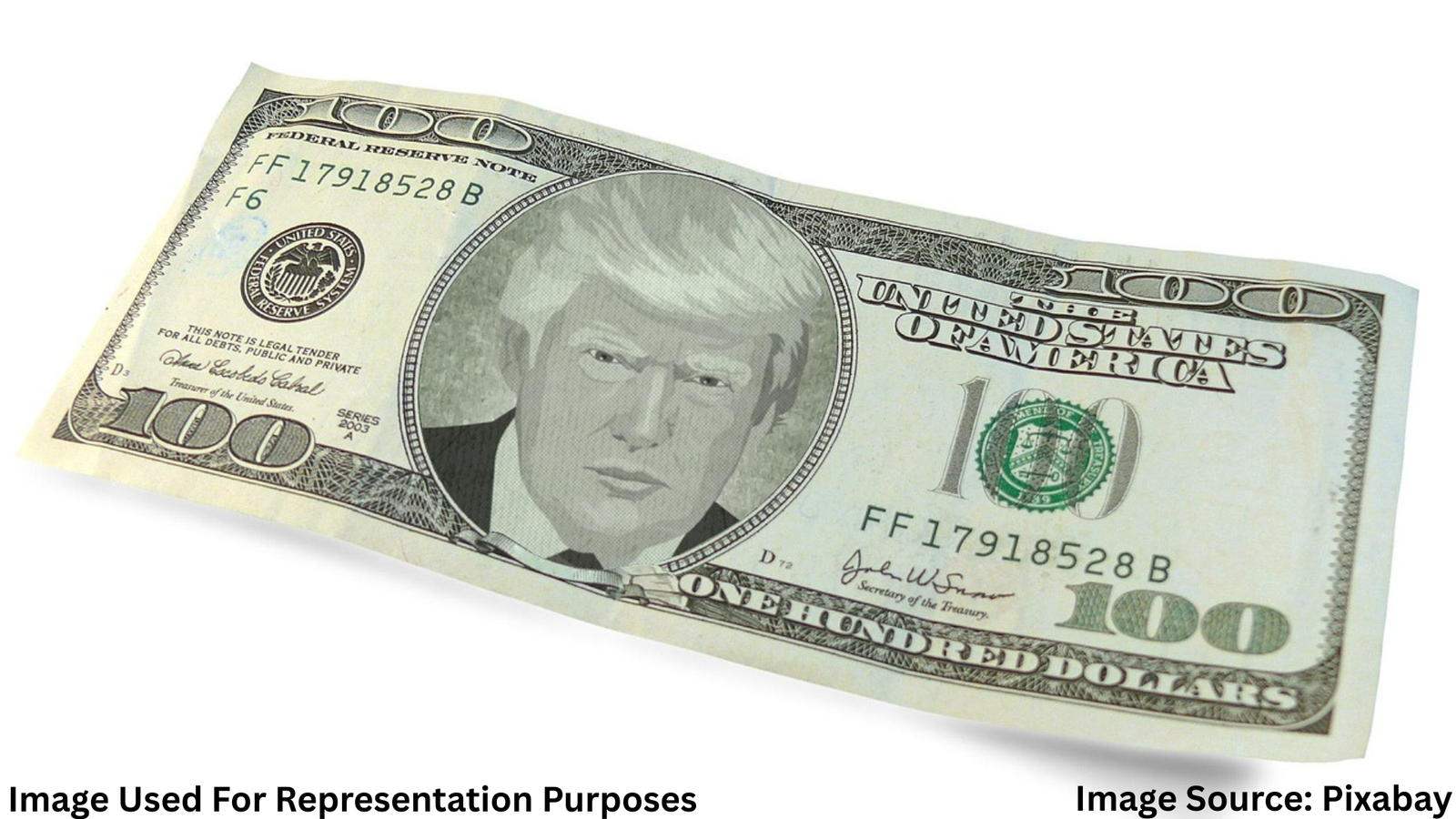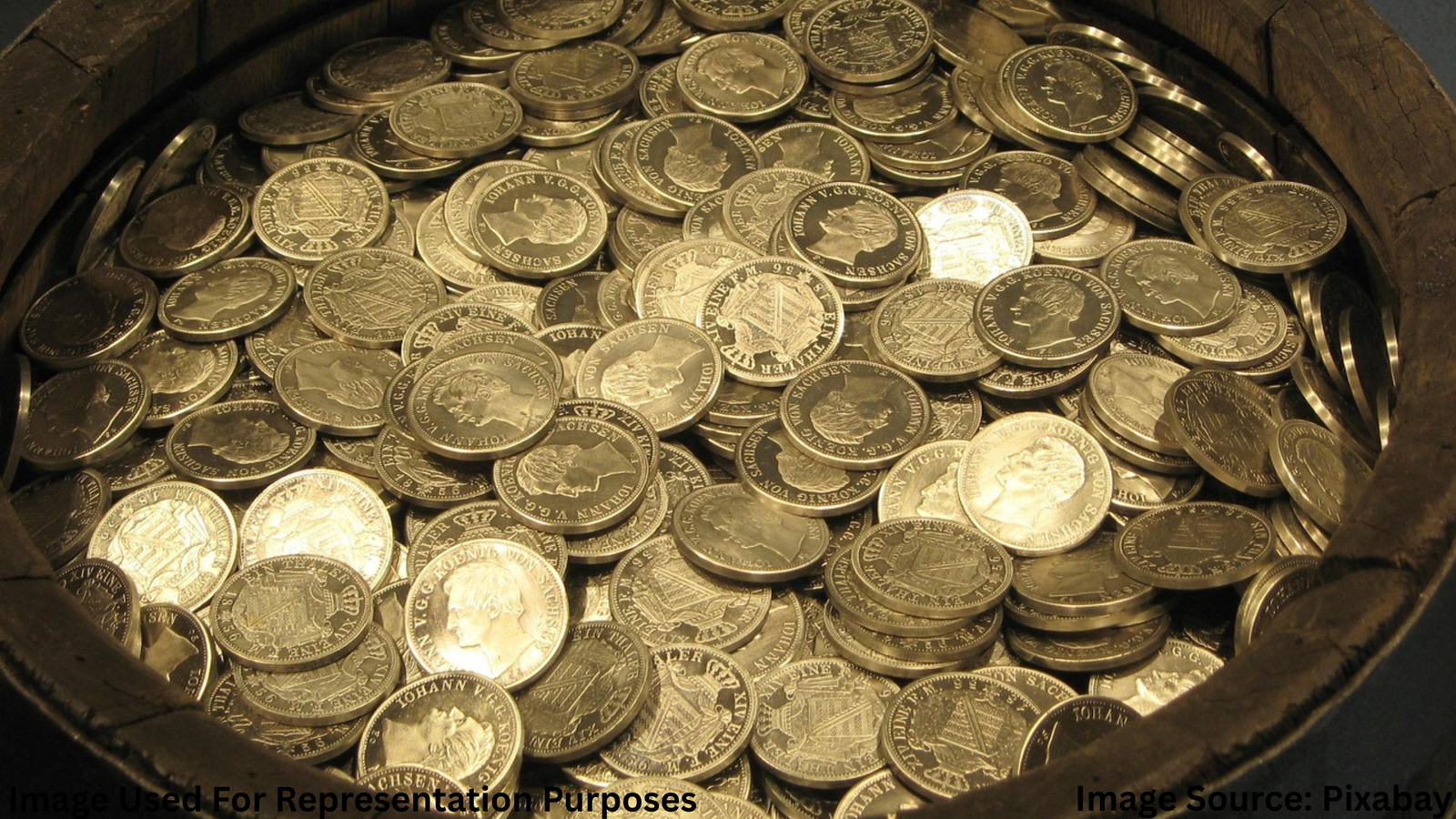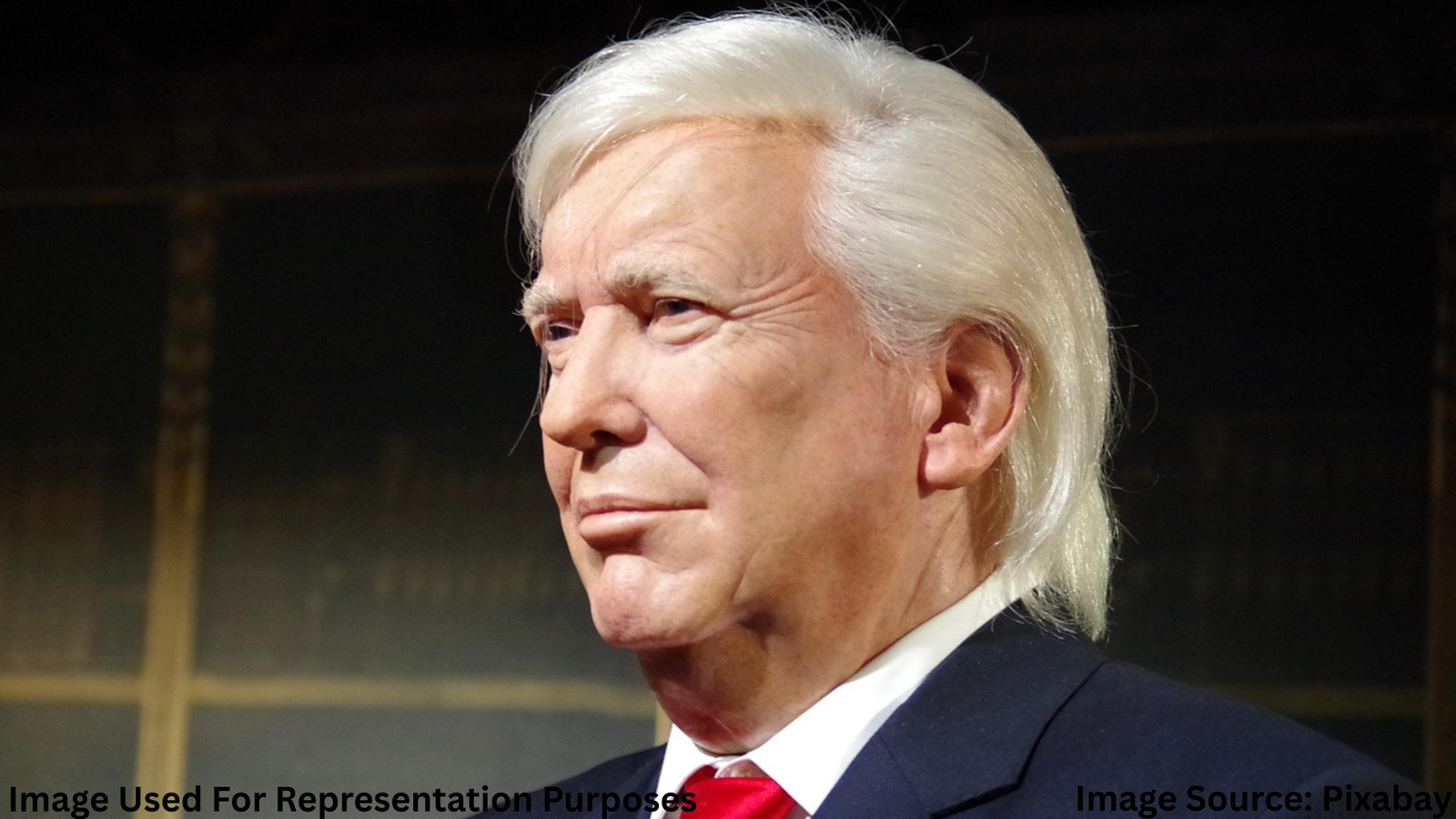
Unhappy With Trade Deal, France Sharpens Criticism of Trump on Key Issues
When trade diplomacy takes center stage, political tensions are never far behind. Unhappy with trade deal terms brokered between the United States and the European Union, France has begun voicing its discontent more vocally, sharpening its criticism of former President Donald Trump’s economic strategies. The timing is significant—just as global attention swings back toward transatlantic relations.
Why Is France Unhappy With Trade Deal Terms?
The focus keyword unhappy with trade deal doesn’t just represent a feeling; it speaks volumes about national interests and economic consequences. At the core of France’s dissatisfaction lies agricultural policy. French farmers, long shielded by subsidies and protectionist laws under the EU’s Common Agricultural Policy, find themselves exposed to increased American competition under new trade clauses that Trump once championed.
While some European leaders welcomed aspects of the trade deal as a necessary compromise, France believes the agreement disproportionately benefits American exporters. In particular, U.S. dairy and beef producers gained more access to European markets—something French agricultural unions vehemently opposed.
A Political Strategy or a Policy Misstep?
Critics argue that Trump’s “America First” approach led to an unbalanced agreement. French President Emmanuel Macron, trying to maintain a delicate political balance at home, has been left to manage domestic backlash. The optics aren’t great. A deal inked under pressure now seems more like a concession than a partnership.
Speaking during a summit in Brussels, Macron said, “We are not against a deal with America, but we must ensure it is fair. Our sovereignty, our farmers, and our environmental standards are non-negotiable.”
Sharp Criticism Reflects Deeper Issues
This isn’t just about tariffs. The broader issue stems from how the trade deal was negotiated—rushed and largely behind closed doors, according to French officials. It has raised concerns about transparency, economic sovereignty, and environmental standards. Trump’s refusal to address environmental parity in trade negotiations further drew France’s ire, as it believes such standards are vital to long-term global stability.
The Environmental Factor
France’s green lobby has become louder in recent years. The belief that Trump’s administration downplayed climate obligations in trade clauses has only amplified criticism. Under the deal, American goods do not need to meet EU environmental criteria—a point that environmentalists call a backdoor to regulatory evasion.
One activist, Claire Boutin of France Nature Environnement, stated, “We can’t preach sustainability in Europe while importing food that breaks every rule we hold dear.” The growing frustration isn’t isolated—it’s part of a wider European anxiety about losing control over critical policy frameworks.
Personal Impacts: A French Farmer’s Perspective
Consider Jean-Luc Moreau, a dairy farmer in Normandy. Before the trade deal, his produce was priced competitively. Now, he struggles to match cheaper American imports that, according to him, don’t follow the same quality or labor standards.
“I can’t cut corners the way big U.S. corporations can,” he says. “We’re proud of our way of life. But this deal feels like a betrayal.” Jean-Luc’s voice represents thousands who believe their government compromised too much for too little gain.
France’s Broader Political Repercussions
Domestically, the trade deal and the visible backlash have triggered a drop in Macron’s approval ratings among working-class voters. Politicians from both the far left and far right have seized the opportunity to criticize both the trade deal and Macron’s “capitulation to American interests.” Marine Le Pen, a prominent opposition leader, called the agreement “a sellout.”
This political fragmentation could shape future EU policymaking. France is signaling that any future trade negotiations—especially if Trump returns to power—will face stiff scrutiny and resistance from Paris.
Lessons for Future U.S.-EU Relations
France’s sharpened criticism highlights that transatlantic relations are more than economic—they’re symbolic. Any semblance of imbalance invites skepticism. Trust, once broken, takes effort and time to repair. As the U.S. pivots its global strategy amid a rise in protectionism, nations like France are demanding not only fairness but respect for sovereignty and standards.
Balancing Trade and Values
While Trump’s backers see the trade deal as a “victory for American workers,” France—and perhaps broader Europe—views it as a cautionary tale. Trade cannot come at the cost of values, transparency, and fairness. France is not just unhappy with trade deal terms—it is drawing a line for future negotiations.
“This is not anti-Americanism,” said French Minister of Economy Bruno Le Maire, “It is about defending the European social and environmental model.” That message resonates not only in France but also in other EU countries now reconsidering their stance on U.S. partnerships shaped during Trump’s tenure.
Conclusion: Unhappiness as a Catalyst for Change
The phrase unhappy with trade deal is more than rhetoric; it’s a demand for structural change. As France leads the European pushback, other countries may follow, signaling a shift in global economic diplomacy. For now, one thing is clear: trade is not just business—it’s deeply political.

Akalumhe Jefferson is a content writer with a new found interest for crafting engaging stories that transport readers to new worlds. Although no current actual background in creative writing but there’s active love for writing



